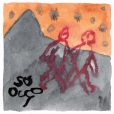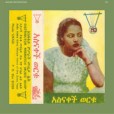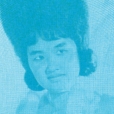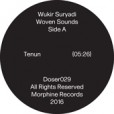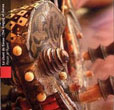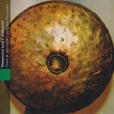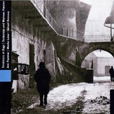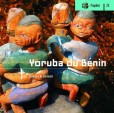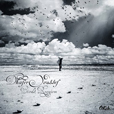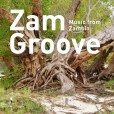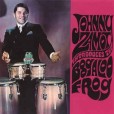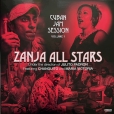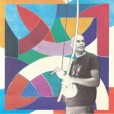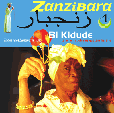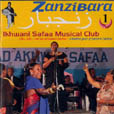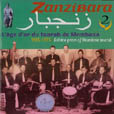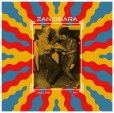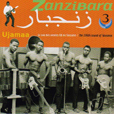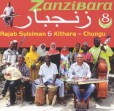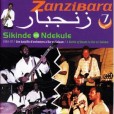Your basket is empty

Summery, joyous, experimental pop; full of musical surprises and emotional twists and turns. The lush brass and woodwind arrangements are guided by Antonio Neves. Classic songwriting and cutting edge production, lit up by the beauty and chaos of Rio, and its sounds and rhythms; inspired by the pioneers of Música Popular Brasileira.
The best Awesome Tapes for ages!
The mighty, game-changing, iconic Asnakech in narcotic, bare-bones performances from 1975. Her singing and virtuosic krar-playing are intensely gripping throughout, accompanied by Hailu Mergia’s cosmic, zonked organ, and Temare Harege’s ultra-minimal brush-work and foot-pedal, like a barely audible drum-machine.
Haunting, intoxicating, wonderful stuff.
Pipa master Wu Man and her Uyghur, Tajik, and Hui collaborators explore connections between the musical worlds of China and Central Asia.
Classical themes of courtly love, nostalgia, absence, from sublime fourteenth-century texts, done the old-fashioned way, with fine qanbus (Yemenite, not Oriental lute), and copper plate percussion.
The out-of-this world, near-extinct tones and effects of copper plate, balanced on either thumb, with left-hand fingers playing ornamentally, the melody with the right, as accompaniment to singing in the Sanaan style, setting courtly poetry in classical Arabic.
Warm, nostalgic, stirring settings for voice, guitar, accordion and violin. Knowing nothing, we can hear Jacques Brel and Jake Thackray.
The multi-faceted genius of Eugene ‘Yonachak’ Cline, producer, multi-instrumentalist and singer from St Lucia, beautifully presented by Hornin’, with top-notch, live-and-kicking sound, in a gorgeous sleeve.
It’s a gripping, crazy mix. Deep, mid-seventies roots, Half Moon style, extended, with an instrumental, and ace dubs; nuts but banging late-eighties digi; off-the-wall rasta-soca fire.
Great stuff.
This is terrific.
Scintillating, masterful, roaring, classic Cubanismo, beautifully recorded in 2017 at the storied Areito Studio in Havana.
Descargas, jazz, boogaloo, son… and some ritual music to bring the curtain down. You’ll find yourself hungry for more.
The musicianship is dazzling in every corner of the orchestra; set on fire by the timbales of Changuito (from Los Van Van), and booted along by a hard-swinging, full brass section led by trumpeter Julito Padron, graduate of the legendary septet Nacional de Igacio Pinero, and later Irakere. The sound is steeped in tradition but by no means stuck in the past.
The vinyl is beautifully presented in a heavyweight, high-gloss gatefold.
Joyous, superb music; the real deal. Hotly recommended.
Lovely new recordings of maloya music, from Reunion, in the Indian Ocean.
Heartfelt singing amidst bustling, organic percussion, featuring kayanm shakers and berimbau-style bobre, with a pendulous bottom end.
‘Little Thing’ began her singing career in the 1920s. This spans the last twenty years, with illustrious ensembles like the Culture Music Club and the Zanzibar Taarab All Stars.
Swahili music from the eastern coast of Africa — Lamu, Mombasa, Tanga, Dar es Salaam, Zanzibar and the Comoros. Archival in amongst contemporary recordings.
Spicy, deep, sensual Arab, Black and Asian styles, lipsmackingly mixed together in classic Taarab — when electric guitars, bass guitars, organs and kit drums kicked orchestral instruments out of bed.
A fabulous selection of Swahili popular music from the East African coast — Lamu, Mombasa, Tanga, Dar es Salaam, Zanzibar and the Comoros — taking in Tanzanian dance-band music, Congolese-style rumba and the hypnotic, Islamic sounds of Taarab, from the 1960s to date.
